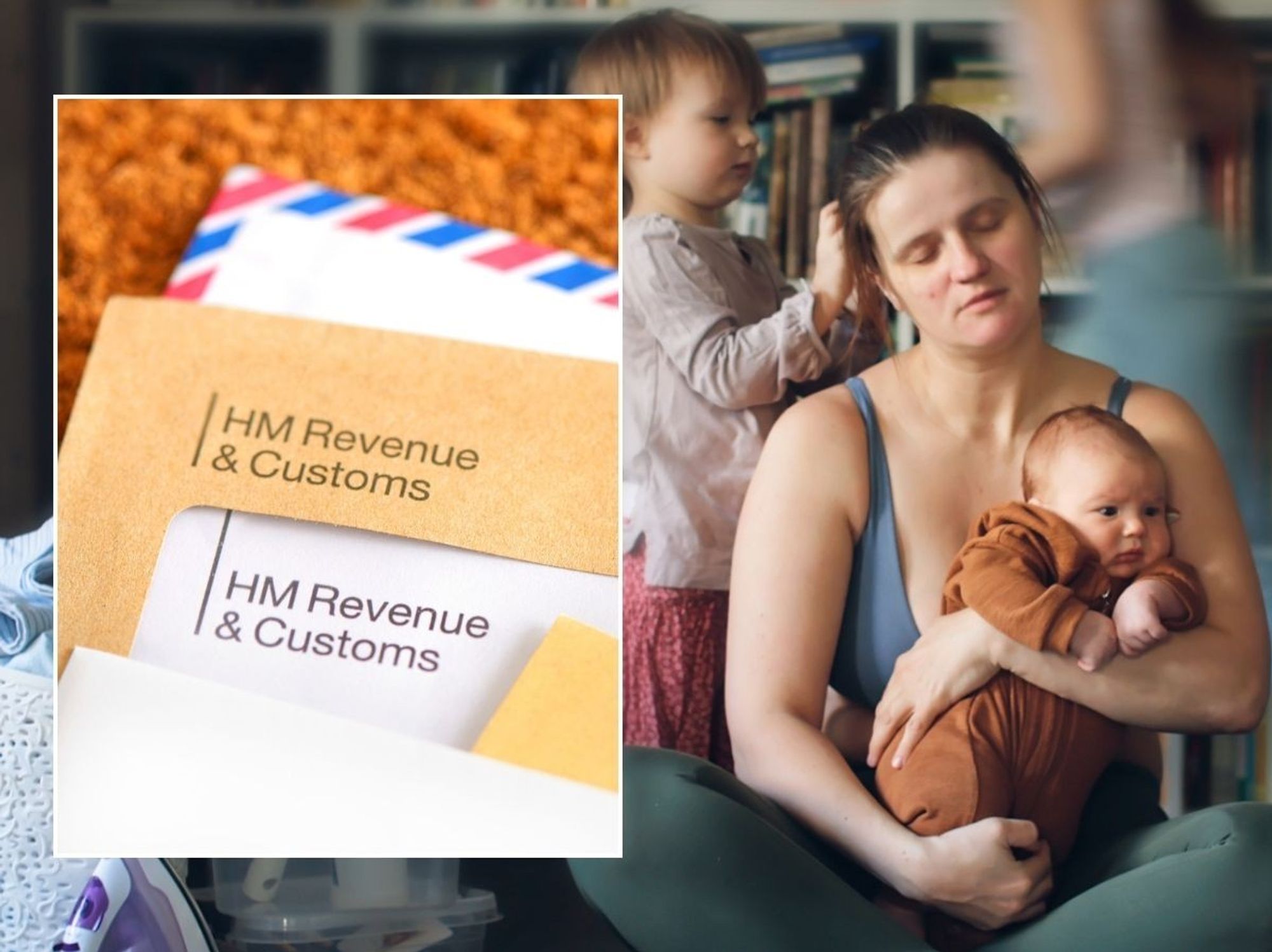The Treasury has announced grants of up to £6,000 for businesses affected but Baroness McGregor-Smith has warned some are losing more than that every day
Don't Miss
Most Read
Trending on GB News
Business leaders have issued a fresh call for support for the beleaguered hospitality sector, after fears around the new Omicron variant led to a sharp drop-off in trade in the run-up to Christmas.
The industry broadly welcomed the announcement there will be no new Covid restrictions in England before the new year, beyond the Plan B measures already in place.
However British Chambers of Commerce president Baroness McGregor-Smith warned it would not make up for the business lost during what should have been the busiest time of the year, as people stayed away from pubs and restaurants.
While the Treasury has announced grants of up to £6,000 for businesses affected, she said that some were losing more than that each day.
“In January, February, March we have increasing labour costs and increasing energy costs, among many other costs. The list goes on for businesses, particularly in hospitality,” she told the BBC Radio 4 Today programme.
“I am delighted to see that we are protecting New Year’s Eve, but it just won’t go far enough.”
Lady McGregor-Smith urged the Government to extend the business rates relief and the emergency rate of VAT beyond the end of March, and to bring back a “focused” furlough support scheme.
She said that businesses in the sector also needed flexibility over the repayment of loans which they had taken out to support them through the pandemic.
“Many, many have got more debt than they ever had before.
Empty tables on a pedestrianised street outside Xoxo bar on Carlton Place in Southampton.
Andrew Matthews
“They are now in a position where they are going to have to pay that back and I think the Treasury needs to look very carefully at the repayment schemes for many loans across the UK,” she said.
She was backed by Andy Wood, the chief executive of Adnams brewery, who said there had been a 50% drop in visitors to pubs and hotels after the chief medical officer for England, Professor Chris Whitty, urged people to be cautious about socialising following the emergence of the fast-spreading Omicron variant.
“More than half of Christmas has been lost. This is a sector that has the economic equivalent of long Covid.
“There is going to need to be support for the sector through the dark months of January, February and March,” he told BBC Radio 4’s Today programme.
While there is relief among business that New Year’s Eve celebrations will be able to go ahead in England, some scientists have expressed concern about the lack of new restrictions following the surge in Covid cases.
The decision announced by Health Secretary Sajid Javid leaves England out of step with the devolved administrations in Scotland, Wales and Northern Ireland, which have all brought in new post-Christmas controls.
Environment Secretary George Eustice said that, while ministers continued to monitor the data closely, the early evidence suggested Omicron was not leading to a big increase in hospital admissions, as happened in previous waves.
Bar workers clear tables and chairs as a new 8pm closing time for pubs and restaurants in Ireland came into force this evening.
Damien Storan
“There is early encouragement from what we know in South Africa, that you have fewer hospitalisations and that the number of days that they stay in hospital, if they do go into hospital, is also lower than in previous variants,” he told Today.
“At the moment we don’t think that the evidence supports any more interventions beyond what we have done.
“But obviously we have got to keep it under very close review, because if it is the case that we started to see a big increase in hospitalisations then we would need to act further.”
While hospital numbers are up, NHS Providers chief executive Chris Hopson said staff absences could pose a bigger challenge to the health service than patients needing treatment for Covid.
He told BBC Breakfast: “We’re now seeing a significant increase in the level of staff absences, and quite a few of our chief executives are saying that they think that that’s probably going to be a bigger problem and a bigger challenge for them than necessarily the number of people coming in who need treatment because of Covid.
“So what we’re seeing is in some hospitals, we’re now having to redeploy staff to fill the gaps that are being left in critical and essential services by staff who are off with Covid-related absences.”
Government figures showed there were a record 113,628 new Covid cases in England on Christmas Day, with 1,281 new Covid-19 hospital admissions – up 74% week on week and the highest number since February 16.
As of 8am on December 27, there were 8,474 people were in hospital in England with Covid-19 – the highest number since March 5.










